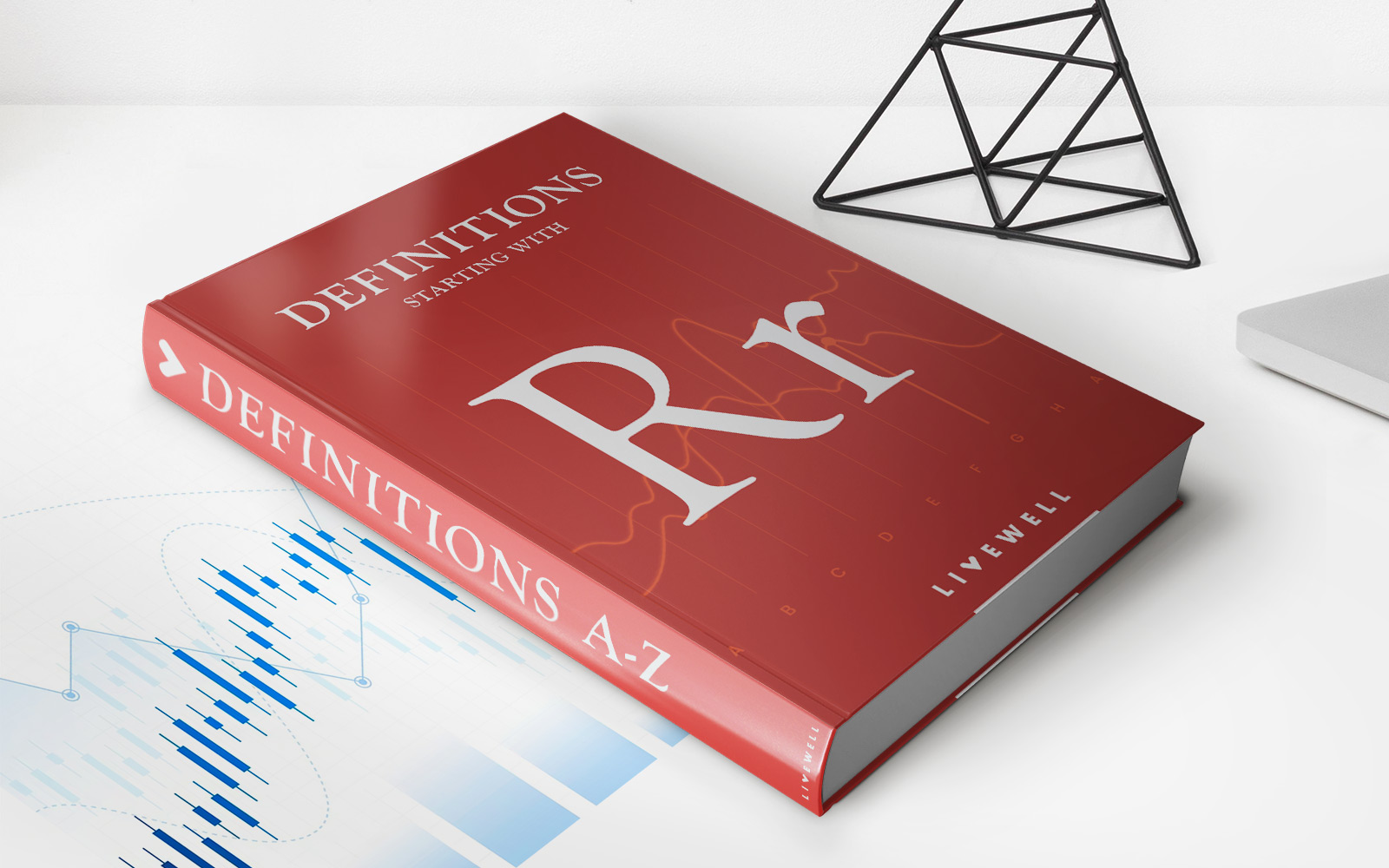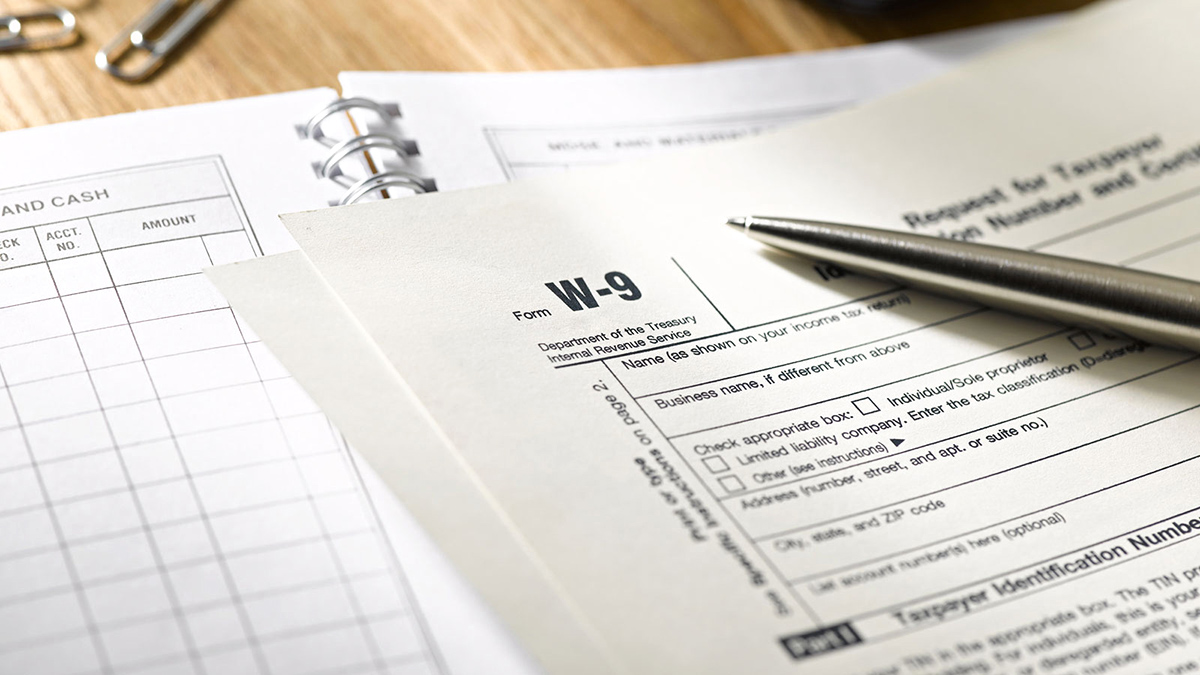Home>Finance>Limited Liability Definition: How It Works In Corporations And Businesses


Finance
Limited Liability Definition: How It Works In Corporations And Businesses
Published: December 18, 2023
Learn the ins and outs of limited liability in finance for corporations and businesses, and understand how this concept works to protect shareholders and owners.
(Many of the links in this article redirect to a specific reviewed product. Your purchase of these products through affiliate links helps to generate commission for LiveWell, at no extra cost. Learn more)
*Note: The following blog post is written in HTML formatting to enhance readability and for better optimization for search engines.*
A Guide to Limited Liability: How It Works in Corporations and Businesses
In the realm of finance, limited liability is a crucial concept that can have a significant impact on corporations and businesses. But what exactly is limited liability, and how does it work? In this article, we’ll delve into the depths of limited liability, exploring its definition and its implications for businesses and corporations.
Key Takeaways
- Limited liability is a legal status that protects the personal assets of owners and shareholders from being used to satisfy business debts.
- Corporations and limited liability companies (LLCs) are two common examples of entities that offer limited liability protection.
Understanding Limited Liability
To grasp the concept of limited liability, let’s start with its definition. Limited liability is a legal status that safeguards the personal assets of owners, shareholders, and members of a business entity from being used to cover business debts or legal actions.
The primary advantage of limited liability is that it helps mitigate the financial risk associated with running a business. Without limited liability protection, business owners could potentially lose their personal assets, such as homes and savings, to satisfy creditors or legal settlements.
Corporations and limited liability companies (LLCs) are two common types of entities that offer limited liability protection. By forming a corporation or an LLC, business owners can separate their personal finances from the company’s finances, creating a legal barrier between the two.
So, how does limited liability work? Let’s break it down:
- Separation of Assets: When establishing a corporation or an LLC, owners contribute capital and assets to the business. Once this happens, the assets of the business become separate from the personal assets of the owners.
- Distribution of Risk: In the event of business debts or legal actions, the liabilities of the business are limited to the company’s assets. Personal assets of the owners, such as real estate or investments, are protected from being seized to satisfy these obligations.
- Limited Personal Liability: As the name suggests, limited liability means that the personal liability of owners is limited solely to the amount they have invested in the business. Their personal assets beyond these investments are shielded from risks associated with the business’s activities.
By offering limited liability protection, corporations and LLCs provide business owners with enhanced financial security. This safeguard encourages entrepreneurship and investment, as it separates personal and business risk.
The Importance of Limited Liability for Businesses
Now that we understand the definition and implications of limited liability, let’s explore why it is important for businesses:
- Asset Protection: Limited liability shields the personal assets of business owners, preventing them from being seized to cover business debts. This protection allows entrepreneurs to take calculated risks without risking their personal financial well-being.
- Facilitates Investment: By offering limited liability, businesses can attract investors more easily. Investors are more likely to contribute capital to a company knowing that their personal assets are not at risk beyond their investment amount.
- Business Continuity: Limited liability protects the longevity of businesses. Should unforeseen circumstances cause significant financial strain, such as a lawsuit or debt, the company’s assets can be used to address these issues without bringing personal assets into the equation. This helps ensure the business can continue its operations.
Whether you’re starting a new venture or already running a business, understanding limited liability is crucial for making sound financial decisions. By taking advantage of the benefits of limited liability, you can protect your personal assets and foster the growth of your business with peace of mind.
Let limited liability be your ally in the world of business, allowing you to navigate the financial landscape with confidence and security. If you have any further questions or need assistance, consult with a qualified legal professional or financial advisor.
Key Takeaways:
- Limited liability is a legal status that protects the personal assets of owners and shareholders from being used to satisfy business debts.
- Corporations and limited liability companies (LLCs) are two common examples of entities that offer limited liability protection.














